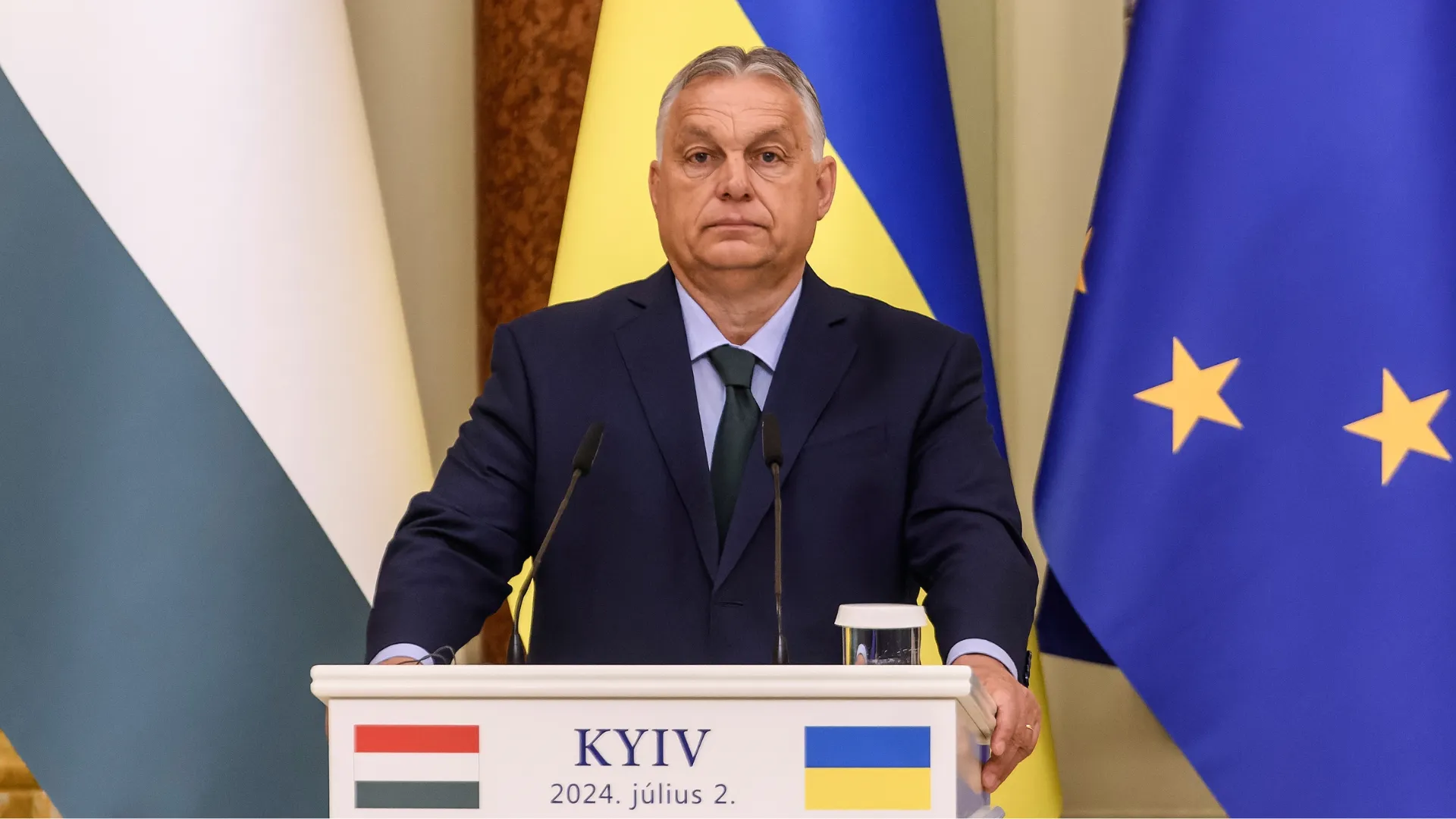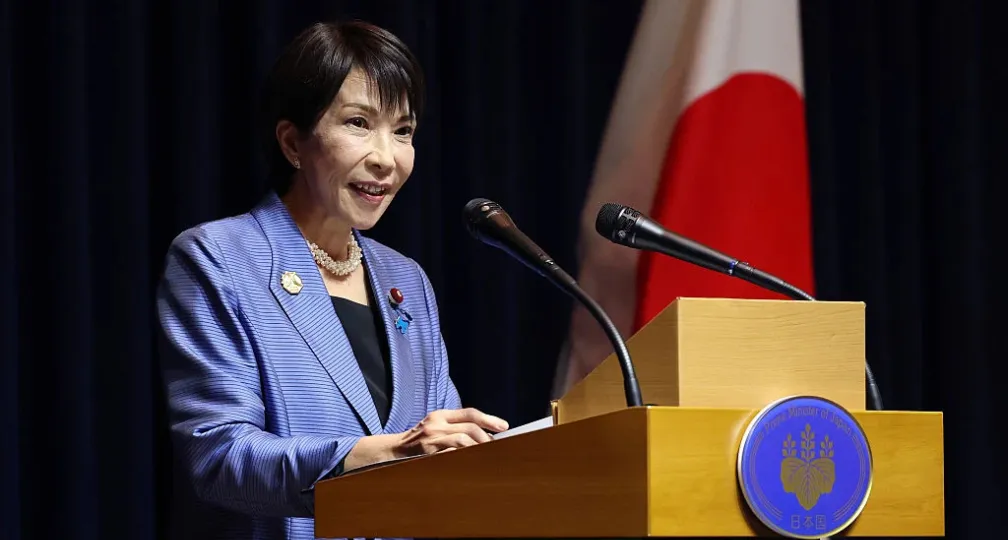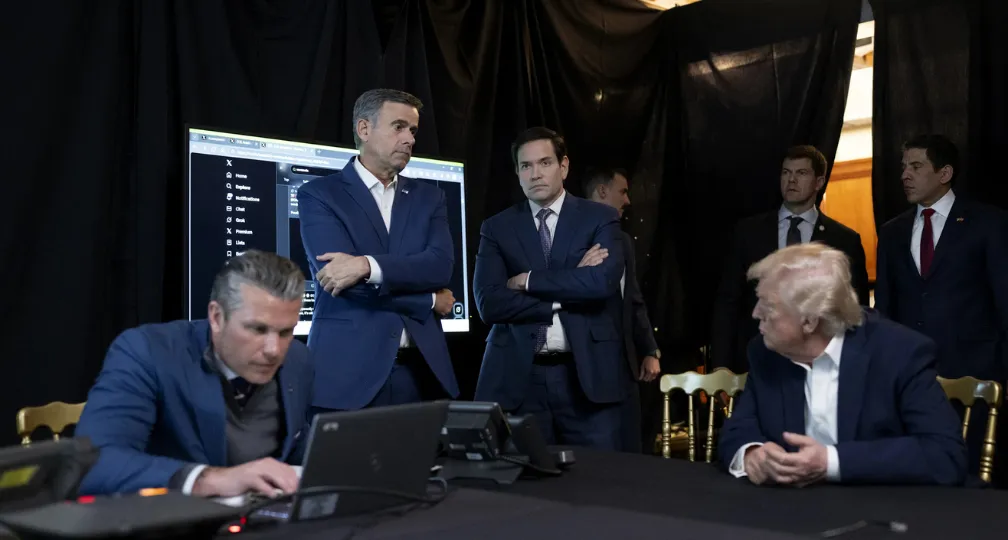How effective are the West’s sanctions on Russia?
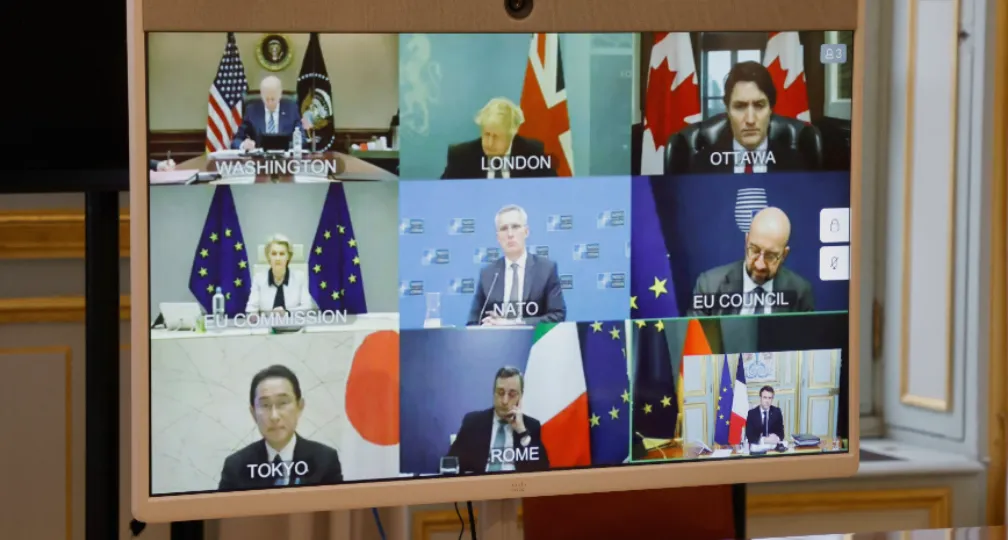
To better understand the conflict, it is also necessary to examine sanctions against Russia and the impact of such economic measures on Russian behavior.
When Russia was building up troops along its border with Ukraine ahead of its invasion of the country, the United States ruled out sending troops into Ukraine, giving up the option of hampering Russia’s invasion by use of force.
Instead, Washington threatened to impose severe economic sanctions as a means to prevent Russia’s actions.
It is not surprising that such threats of economic sanctions did not work as a deterrence. Generally speaking, economic sanctions are meant to appeal to economic rationality. They are aimed at urging a nation to stop taking certain actions because such measures, if put into practice, would lead to economic damage.
But a decision to start a war is not necessarily based on economic rationality, and Russia’s invasion of Ukraine is driven by Moscow’s national security interests and ambition to expand its territory, rather than by economic rationale.
This means it would have been difficult to deter Russia — which was trying to start a war under logic beyond economic rationality — with economic sanctions.
Swift, but not strong
Immediately following Russia’s invasion of Ukraine, Western countries centered on the Group of Seven were unusually quick to decide on imposing economic sanctions.
After the large-scale invasion began on Feb. 24, countries individually put into place the first set of sanctions, and the G7 countries issued a joint statement on March 11 to announce further measures, followed by more efforts by the G7 to act in concert to strengthen sanctions.
Japan had been late in joining efforts to impose sanctions when Russia annexed Crimea in 2014, but this time Tokyo kept in pace with the G7’s swift action and was highly evaluated by other G7 countries.
The action by Western countries was noteworthy in the sense that there was no discord among them despite the hastiness in decision making.
Countries could have prioritized their own interests and become reluctant to impose economic sanctions, as such sanctions can cause damage to the economy of those imposing them and can also bring about retaliation from Russia.
This time, however, countries have worked in line with one another in enforcing a variety of sanctions, in spite of the risk of economic losses, backed up by public criticism over Russia — not only for the fact that it is violating international law but also for its cruel and inhumane acts, such as the apparent massacre in Bucha, Ukraine.
Furthermore, it is noteworthy that the latest sanctions have been imposed in an unusually wide range.
They include not only financial sanctions — particularly blocking key Russian banks from the SWIFT international payments system, freezing the overseas assets of the Russian Central Bank and preventing Russia from servicing foreign exchange-denominated government bonds — but also a variety of other measures such as strengthening restrictions on transactions of crypto assets, restricting trading of luxury goods with Russia, limiting Russian access to semiconductors and other high-tech products, and freezing the assets of oligarchs, Russian individuals and organizations with ties to President Vladimir Putin’s administration.
The countries involved even went as far as banning flights by Russian airlines and removing preferential treatment for visas issued to Russian travelers.
Still, European countries, which rely on Russia’s natural gas, could not stop imports of natural gas all at once, meaning they haven’t been able to inflict deep damage on the Russian economy.
In the past, when Western nations imposed sanctions on such countries as Iran and North Korea, they caused little damage to their own economies because the West’s dependence on those countries was low.
However, compared with those countries, Russia is a much bigger trading partner for European nations, especially in the area of fossil fuels and minerals.
As a result, imposing sanctions on Moscow is having a great influence on the enforcing countries’ own economies — something that they have not experienced with past sanctions.
In that sense, the latest sanctions cannot be regarded as effective compared with past sanctions, meaning it is difficult for the measures to do enough damage to the Russian economy.
Purpose of sanctions
Past sanctions had been aimed at encouraging the countries to change their behavior, stop certain actions and come to the negotiating table.
Sanctions against Iran and North Korea were imposed for the purpose of making them halt their nuclear development programs in exchange for lifting the measures.
Those sanctions could be considered effective to some extent, as Iran agreed to a nuclear deal in 2015.
However, while the measures led to the launch of the six-party talks to help end North Korea’s nuclear program through negotiations, the framework is no longer functioning.
North Korea is not the only case in which economic sanctions failed to yield sufficient results.
In the case of Russia, in particular, it will be difficult to make Moscow change its behavior through sanctions.
As mentioned earlier, European countries that depend on Russia are imposing sanctions and at the same time purchasing natural gas from Russia, creating profits for the country.
Moscow is strategically weaponizing natural gas to threaten European countries.
Moreover, it would be difficult to overthrow the Russian regime or make it change its policies by ruining the nation’s economy through sanctions and fueling public dissatisfaction.
This is because even if Russia was damaged economically, public dissatisfaction and anti-government demonstrations would likely be suppressed by force, minimizing any impact on the leadership in Moscow.
Running out of ammunition
Then what is the purpose of sanctions against Russia?
The sanctions are aimed at raising the costs of fighting a war and taking away Russia’s ability to continue fighting.
What is particularly significant is the restriction of exports to Russia of high-tech products including semiconductors and also preventing the country from issuing government bonds abroad.
The Russian economy since the collapse of the Soviet Union has been highly dependent on Western countries’ supply chains.
Particularly, Russia’s semiconductor industry is so lacking in international competitiveness that, in effect, it doesn’t even exist. Russia depends almost entirely on Taiwan Semiconductor Manufacturing Co. for chip production.
The country relies on Western countries for such components as those used to manufacture aircraft, and there are reports that the parts used in Russian-made drones are diverted from electronic appliances made in the West.
One of the purposes of the sanctions is to prevent Russia from procuring not only weapons but also components to produce firearms, so that the country’s arms production will be affected and it will run out of ammunition.
Furthermore, while Russia can constantly gain foreign currency revenues by selling crude oil and natural gas to China and India, it is becoming difficult for its government to sufficiently cover the massive costs of war and efforts to Russianize the areas it occupied only with revenues from energy sales as it has done so far.
Although the country has been able to obtain a certain amount of revenue due to soaring crude oil prices, Moscow has been forced to make large discounts on crude oil, making it harder to finance the war.
Russia is in a situation where it needs to float war loans, but sanctions have set a high hurdle for the country to raise funds in such a way. Sanctions have been put in place so that Russia will run short of money with which to continue fighting.
Lessons from sanctions
There are a lot of lessons Japan can learn from the sanctions imposed on Russia. The most important point is that excessive dependence on countries with potentially conflicting interests comes at a great cost.
While Japan faced some problems concerning the Sakhalin-2 oil and gas project, imposing sanctions has had little impact on its own economy as it has not been so dependent on Russia like European countries.
However, skyrocketing crude oil and natural gas prices have led to even higher costs in Japan, which had already been under pressure from rising prices.
In that sense, from the perspective of economic security, excessive dependence on countries with potential for a conflict of interests is an issue that must be resolved swiftly.
It is also important to grasp how much those countries are relying on the Japanese economy.
To take away Russia’s ability to continue fighting, the most effective means are to stop supplies of semiconductors and other components from Western countries that Russia is strongly dependent on, as well as financial sanctions.
Such a list of sanctions will prove effective only when those imposing them are aware of how much Russia is relying on Western countries.
Tokyo’s strategic goal will be how it can create a situation in which countries with potential conflicting interests will maintain an economic relationship with Japan and become largely dependent on the Japanese economy.
Japan still has the ability to manufacture products that cannot be imitated by other countries.
Boosting such strength and indispensability and making other countries become dependent on Japan is the only way to increase the effectiveness of sanctions.
(Photo Credit: Reuters / Aflo)

Geoeconomic Briefing
Geoeconomic Briefing is a series featuring researchers at the IOG focused on Japan’s challenges in that field. It also provides analyses of the state of the world and trade risks, as well as technological and industrial structures (Editor-in-chief: Dr. Kazuto Suzuki, Director, Institute of Geoeconomics (IOG); Professor, The University of Tokyo).
Disclaimer: The opinions expressed in Geoeconomic Briefing do not necessarily reflect those of the International House of Japan, Asia Pacific Initiative (API), the Institute of Geoeconomics (IOG) or any other organizations to which the author belongs.
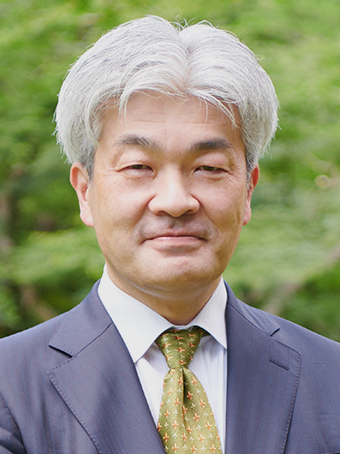

Director & Group Head, Economic Security
Kazuto Suzuki is Professor of Science and Technology Policy at the Graduate School of Public Policy at the University of Tokyo, Japan. He graduated from the Department of International Relations, Ritsumeikan University, and received his Ph.D. from Sussex European Institute, University of Sussex, England. He has worked for the Fondation pour la recherche stratégique in Paris, France as an assistant researcher, as an Associate Professor at the University of Tsukuba from 2000 to 2008, and served as Professor of International Politics at Hokkaido University until 2020. He also spent one year at the School of Public and International Affairs at Princeton University from 2012 to 2013 as a visiting researcher. He served as an expert in the Panel of Experts for Iranian Sanction Committee under the United Nations Security Council from 2013 to July 2015. He has been the President of the Japan Association of International Security and Trade. [Concurrent Position] Professor, Graduate School of Public Policy, The University of Tokyo
View Profile-
 India and EU Sign Mother of All Deals2026.02.06
India and EU Sign Mother of All Deals2026.02.06 -
 Orbán in the Public Eye: Anti-Ukraine Argument for Delegitimising Brussels2026.02.04
Orbán in the Public Eye: Anti-Ukraine Argument for Delegitimising Brussels2026.02.04 -
 Trump, Takaichi and Japan’s Strategic Crossroads2026.02.03
Trump, Takaichi and Japan’s Strategic Crossroads2026.02.03 -
 Analysis: When Is a Tariff Threat Not a Tariff Threat?2026.01.29
Analysis: When Is a Tariff Threat Not a Tariff Threat?2026.01.29 -
 Takaichi’s Strengths and the Need for ‘Strategic Signaling’2026.01.23
Takaichi’s Strengths and the Need for ‘Strategic Signaling’2026.01.23
 Oil, Debt, and Dollars: The Geoeconomics of Venezuela2026.01.07
Oil, Debt, and Dollars: The Geoeconomics of Venezuela2026.01.07 It’s Now or Never: India’s Ambitious Reform Push2026.01.09
It’s Now or Never: India’s Ambitious Reform Push2026.01.09 Analysis: When Is a Tariff Threat Not a Tariff Threat?2026.01.29
Analysis: When Is a Tariff Threat Not a Tariff Threat?2026.01.29 Navigating Uncertainty in U.S. Space Policy: Decoding Elon Musk’s Influence2025.04.09
Navigating Uncertainty in U.S. Space Policy: Decoding Elon Musk’s Influence2025.04.09 Orbán in the Public Eye: Anti-Ukraine Argument for Delegitimising Brussels2026.02.04
Orbán in the Public Eye: Anti-Ukraine Argument for Delegitimising Brussels2026.02.04



